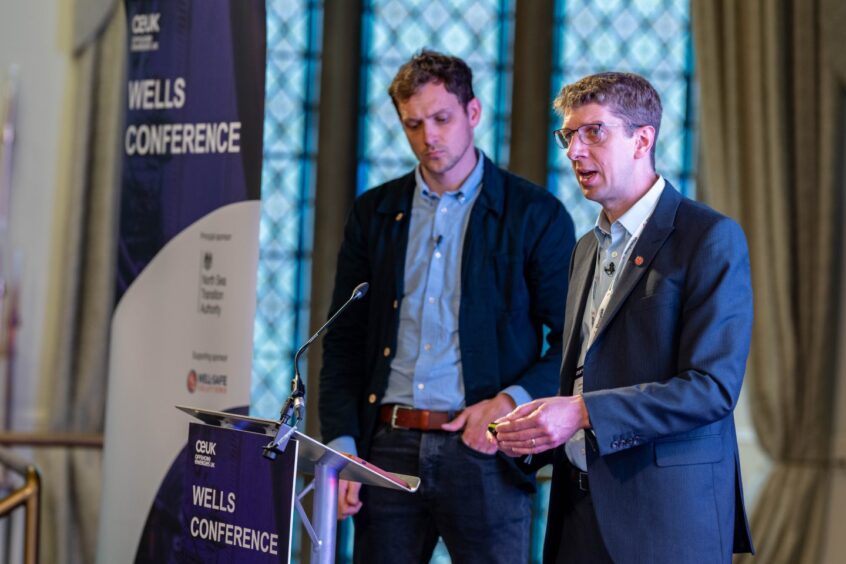
As threats of earlier decommissioning dates for UK oil and gas projects circulate, Well-Safe Solutions explains why this is not good news for P&A specialists.
“Other rigs will be then competing for the same work, so it’s a more competitive environment,” explained James Richards, director of well abandonment for Well-Safe Solutions.
“Ultimately, you’ll end up with less rigs because there’s more attractive work elsewhere, you’ll end up with a much leaner supply chain and all of that just means that decommissioning is going to be more expensive.”
Rig migration is already an issue that operators contend with. Overseas there are more lucrative, long-term contracts to be won as UK firms debate whether to spend.
“At the end of the day,” Richards continued, “operators have money earmarked for these decommissioning projects, if costs are going up because of lean supply chain, lack of rigs, then there’s going to be more a squeeze on that and it’s harder to bring value to the industry here.”
Skills head overseas as ‘efficiency’ drops
If the UK finds itself in a period where firms bring forward decommissioning dates, rather than dedicating capital to further field development, the decline of the North Sea is “going to happen less efficiently,” the Well-Safe boss added.
Efficiency is set to decrease as the market for skilled workers in the region dries up.
Skill shortages is far from a new issue. Recently, Step Change in Safety boss Craig Wiggins said that “the great retirement” is one of his biggest concerns for safety offshore.
As those with a wealth of knowledge and experience leave the sector, firms are struggling to attract the next generation of workers.
“We’ve seen it across the board both recruiting for our rigs and recruiting graduates,” Richards said.
“An example for the engineering teams is that there are people that are looking outside of oil and gas and that could be for a few reasons.
“On the rig side, generally they’re looking for certainty and longevity and job security and they’ve seen the hot and cold nature of the oil industry over the last however many years and they’ve decided enough is enough, maybe they can see longer term stuff overseas.”
Those who have seen these trends may also be “switching industries completely”, Richards continued.
He explained that eventuality, it is difficult to attract skilled workers back into the offshore sector.
Within the UK, it is also difficult to attract graduates for domestic firms as it’s “hard to come up with too many arguments for a long-term career in the oil and gas industry, based on what you hear in the media and what you hear coming from politicians,” he added.
Well-Safe has tried to combat this through its ‘Exelerator’ scheme that is open to school leavers who wish to work towards a degree while working at the firm.
The programme is also open to apprentices, graduates and armed forces veterans.
Energy Voice recently catalogued the issues raised by oil and gas operators in response to changing fiscal policy that is making investment decisions harder (see pages 14-15).
“We’ve certainly seen that with some operators,” Richards explained.
“If they can spend 100 million on a project, are they going to spend it in the UK where they just don’t know whether they’re going to make the money on it?”
He added: “Whereas spend it in West Africa then the situation is very different, and they know that they can make good return on it.
“As a business, you can see it’s a fairly common-sense decision to make.”
Drilling work lags
However, it is not just the operators that are seeing more value being created in different geographies, rigs are also moving overseas.
“In terms of the lack of commitment to drilling projects, we definitely feel that because if – at the end of the day – the rigs are out there, they’re not drilling,” Richards added.
“They will also be competing for well decommissioning work which drives the rates lower for rigs in the North Sea which ultimately makes it a harder environment to work in.
“The same is true with the economies of scale for the supply chain and if your major service companies like SLB and Haliburton and Weatherford are not getting the work here, their attentions switch to overseas.”
Once vessels such as rigs move to other geographies that have more stable work and higher paying contracts, it will be hard for the UK to attract them back.
Richards commented: “That’s part of the message that we’re trying to get out there because what you don’t want to happen is it to go too far.
“Once it goes too far, it’s really hard to kind of then pull that back once assets are scrapped or once assets leave the basin and they’re on long-term contracts – a lot of the contracts overseas are long-term multi-year contracts on higher rates – to then pull them back is going to be really difficult.”
Short term contracts aren’t appealing to investors
The issue for rig operators is that UK contracts are usually “short-term” and according to the Well-Safe director of well abandonment “that’s not tempting enough to bring rigs from outside.”
He added: “It’s certainly not competing with the offers of work that they’ve got elsewhere.”
In May, Well-Safe Solutions chief commercial officer, Chris Hay, laid out ambitions to double his firm’s rig count over the next five years. However, with the current market, it is unlikely that the Aberdeen-based firm will be bringing any new assets to the UK.
Well-Safe currently operates three specialised decommissioning rigs, including the Defender, the Guardian, and the Protector.
“Investors are looking for us to make a return on their investment and if that’s not looking like it’s happening in the UK because the rig market is really competitive, utilisation of rigs at the moment is low. It always feels like it’s another year out that it’s going to be good and it never quite comes.
“Investors then see the opportunities that exist overseas for these multi-year contracts at good rates and that’s clearly where they see the opportunity and where they want their investment to be focused.”
However, he added: “The strategy for Well-Safe is that we recognise that some of these, well decommissioning scopes of work are shorter in nature.
“We recognise that our clients, operators, have budgetary restrictions and so … we’re trying to piece these little bits together like a jigsaw and create a bigger bit of work that keeps the rigs busy year-on-year.
“At the moment the current political and fiscal kind of uncertainty is making that difficult.”
Opportunities for rigs in CCS
In addition to work in well plug and abandonment (P&A), Well-Safe Solutions has turned its attention to carbon capture and storage (CCS).
Last year the firm hired Alexa Duncan as its first energy transition manager as it looked to tap into the energy transition.
Richards said: “Our rigs are also fit for purpose for drilling carbon capture storage wells and that’s an area that we’re actively pursuing and engaging with.
“I’ve worked on a few projects in the front end engineering stages and we are following up opportunities for some of our rigs to maybe drill some CCS wells in the future.”
However, much like with decommissioning, CCS has seen its delays in the UK.
“We’ve seen it with a few clients where we’ve done some work for them, and we were keen on supporting them on the next phase but then they said effectively it’s been put on hold and we don’t know what’s happening next.”
This creates a “stand by loop” for forms such as Well-Safe, Richards added.
“Now there is movement,” he clarified. Last month saw Keir Starmer’s government unveil nearly £22 billion over the next 25 years for CCS and hydrogen projects.
This announcement brought a more than a year-long wait for clarity on the £20bn investment promised by the previous government to an end.
Richards explained that, in some cases, Well-Safe has “tread water” for over a year as a result of the delay on announcing funding for CCS and hydrogen projects.
He added: “The energy transition, it’s talked about a lot at the moment, but I think it’s a real opportunity … oil and gas investment is on the way down whether that happens quickly or whether it happens slowly that’s the trajectory is clear.”
Richards explained that the skills that rig operators have “are absolutely key for delivering” projects such as CCS.
“If we’re trying to fill in the gaps where we’re not drilling, then there’s an opportunity to keep rigs busy and to keep skilled labour busy, to keep all the service companies that support the industry busy.
“It’s an opportunity that we’ve [referring to the energy sector] not quite capitalised on as maybe we could have.”
Recommended for you


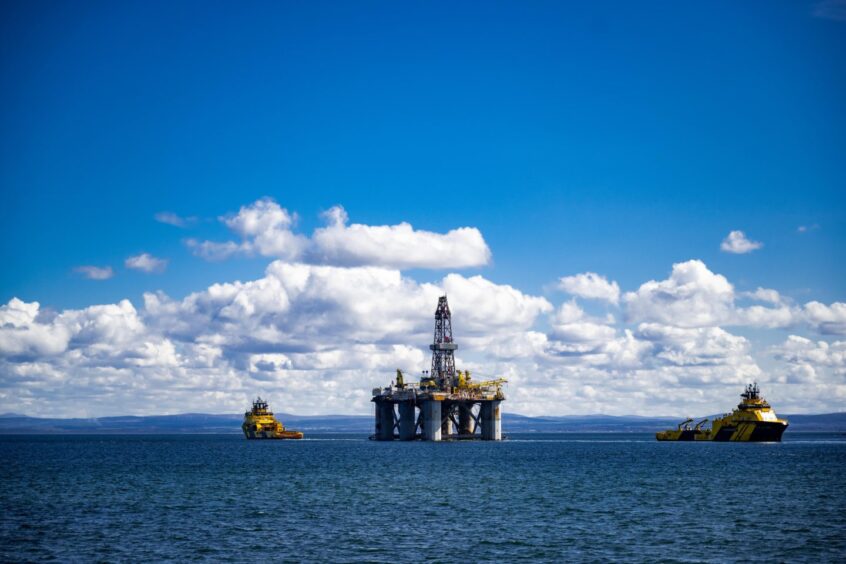 © Supplied by Well-Safe
© Supplied by Well-Safe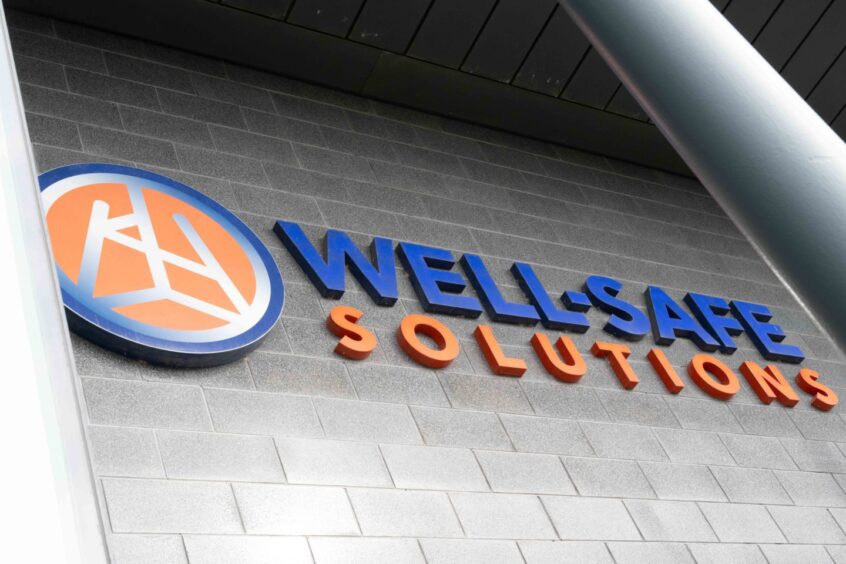 © Supplied by Well-Safe Solutions
© Supplied by Well-Safe Solutions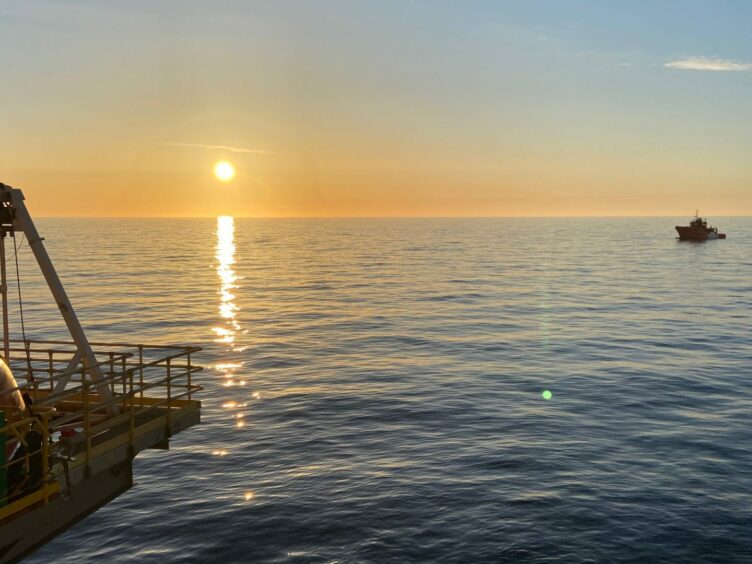 © Supplied by Well-Safe Solutions
© Supplied by Well-Safe Solutions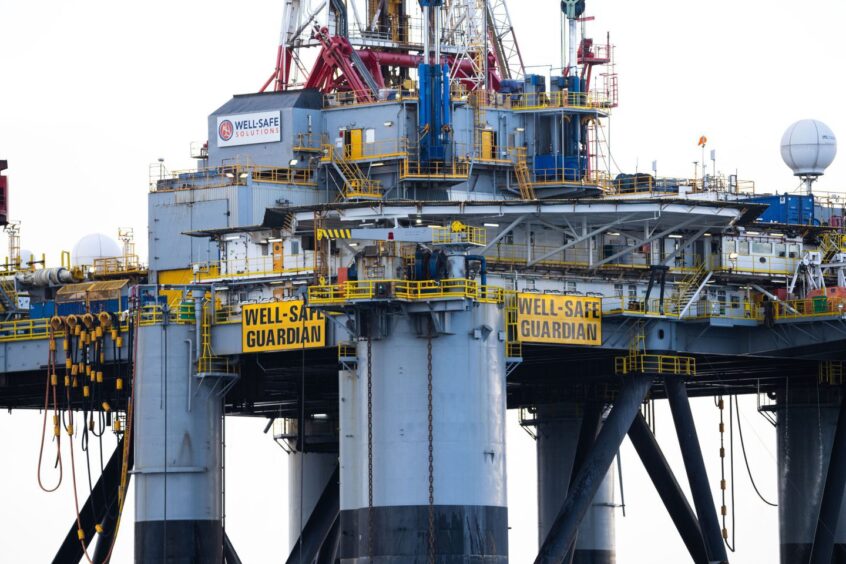 © Supplied by Interventek
© Supplied by Interventek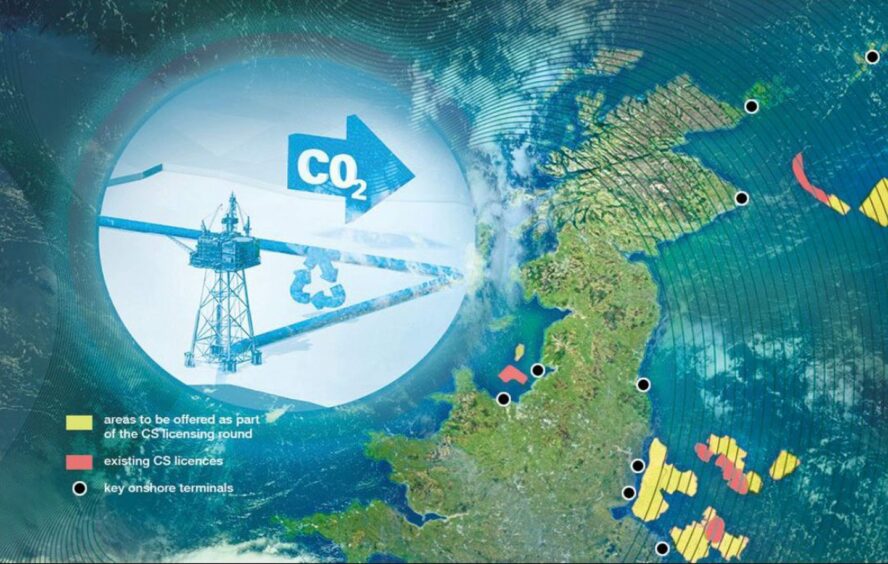 © Supplied by NSTA
© Supplied by NSTA